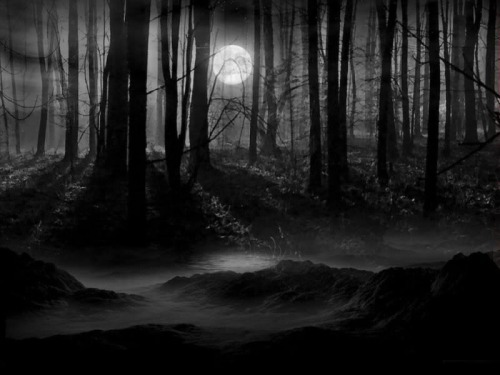MIDNIGHT THOUGHTS ON THE GARDEN OF GOOD AND EVIL
One of my favorite stories is Nathaniel Hawthorne’s novella, “Rappaccini’s Daughter.” It is set in medieval Padua where a student, Giovanni Guasconti, comes to study at the University. From his rooms, he overlooks a beautiful garden where Rappaccini, an old man, conducts studies on poisonous plants, helped by his beautiful daughter, Beatrice. Guasconti becomes fascinated with the young woman and when his professor, Pietro Baglioni, learns of it, he warns his student that Rappaccini is an evil man who has used his daughter as a part of his experiments. The youth, however, refuses to listen his teacher and visits Beatrice in the garden of poisoned flowers. His enchantment with her grows stronger, to her father’s delight. Guasconti fails to realize the old man has made him part of his experiment, too. But when he discovers that he and Beatrice have been poisoned and depend upon the flowers to survive, he turns to Baglioni for help. The teacher creates a potion for his student and for Rappaccini’s daughter. But, his good intentions end tragically. Beatrice is too dependent upon the poisoned flowers to live without them. The antidote meant to save her brings about her death.

(Yahoo Images)
The themes of this tale are many and the prose so beautifully crafted, it reads like poetry. Sources for this narrative hearken back to many cultures, from ancient India to Dante’s “Divine Comedy.“ But the tales hold one idea in common — whether it is about love, revenge, or perverted scientific inquiry — that there is an interconnectedness between good and evil. A psychologist I know goes so far as to argue that everything we do stems from a good intention. Even the serial killer, he said, is working to fulfill a need. “Is a ‘need’ the same as a ‘good’?” I challenged. “It is if one is trying to heal,” he replied.
As I thought about his answer, knowing the bulk of humanity would scoff at it, I could only wonder. Given the psychologist’s understanding of human nature, could evil, in the Biblical sense of wounding for the sake of wounding, ever exist? What’s more, if good can arise from evil and evil arise from good, how do we distinguish between them except at the extremes? Does the notion of evil give us clarity about human motivation or simplify it so that we no longer have to think about it?
Sometimes I believe the world is too complex for our current notions of right and wrong.